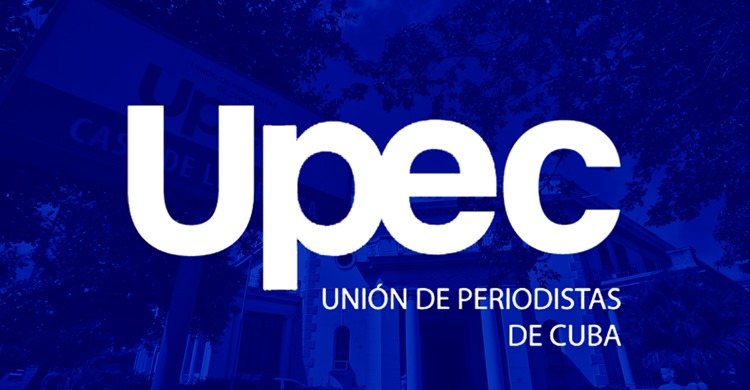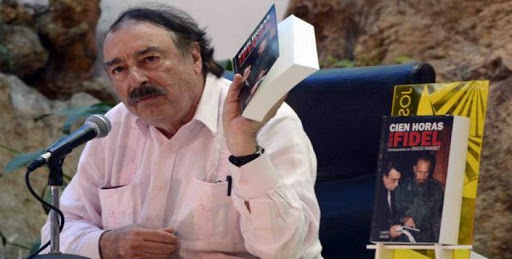
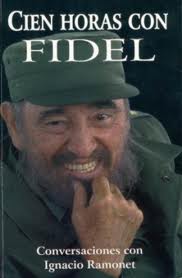
By: Cary Ferriols
Fidel – The special relationship of the historical leader Fidel Castro with Santiago de Cuba remained forever in the memory of his friend and renowned French journalist Ignacio Ramonet.
Fidel.- The writer of “One Hundred Hours with Fidel” relates the testimony of the affection that the people of Santiago had for the historical leader of the Cuban revolution and he confirmed this during the last visit of the Commander in Chief to Santiago in which he fortunately accompanied him.
Fidel and Ignacio Ramonet: Outstanding Spanish interviewer, historian, writer and political analyst. Critic of neoliberalism. Doctor in Semiology and History of Culture at the École des Hautes Études en Sciences Sociales in Paris.
Cuba: Aniversario de la primera edición del libro Cien horas con Fidel
He directed the French and Spanish edition of “Le Monde Diplomatique”. Co-founder of the non-governmental organization Media Watch Global, founder and honorary president of the organization ATTAC, he is one of the promoters of the World Social Forum in Porto Alegre.

He is the author of such essential books as “One Hundred Hours with Fidel”, “Silent Propaganda”, “21st Century Wars”, and “Hugo Chávez: My First Life”.
Fidel en la memoria del pueblo de Cuba
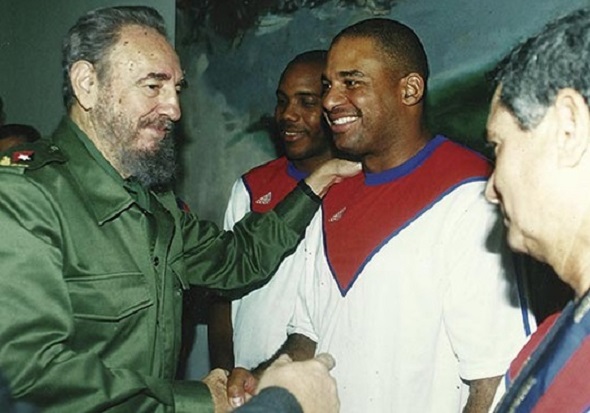
Messages from Fidel to Cuban journalists
By: Santiago Romero
The eternal leader of the Cuban Revolution, Fidel Castro, usually dedicated time to the press: the necessary reflections and the direct and sincere message from the critical and self-critical point of view as he always did. He called the Cuban press on the Internet the Heavy Artillery of the Cuban Revolution.
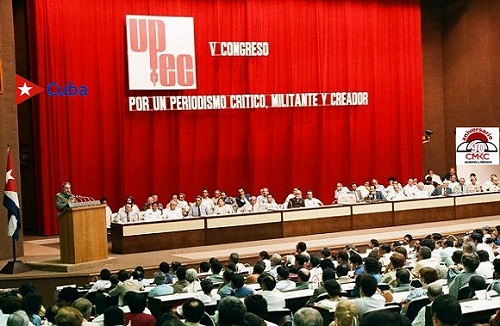
Speeches at the VI Congress of the Union of Cuban Journalists
The central idea reflects that our press is not private property; let’s say it is social property, property of the whole people.
Fidel: «The work of our revolutionary press will be increasingly important»
Tribute to Fidel at the 10th Congress of Cuban Journalists (UPEC in Spanish)
On the role of journalists, he declared in 1986, on the occasion of the 5th Congress of the organization:
«I see the press playing a very important role in the elevation of morals and in the preservation of all the sacred values of our people, in denouncing, in fighting, in the struggle against all the bad things done (…) Who can educate more than the press».
«Journalists must investigate, know what is wrong, what facts are damaging the economy of the country, what is corrupting the people, and not only expose them, but fight them through that powerful instrument which is the mass media. (…)”
«Every journalist must be a gladiator against the things that in his opinion go wrong. And he is also a fighter for things to go well, a creator of the new society”.
Closer in time, in 1999, at the closing of the 8th Congress of the Latin American Federation of Journalists, he said:
«(…) something we wish for our journalists and that I wish it was possible for all the journalists in Latin America and for all the journalists in the world: that our journalists become, in the course of time, a contingent that could be qualified as the best prepared in the world. I am not going to say that they are the best in the world, which is very different from saying, as a whole and as an average, the most prepared journalists in the world, to work for the world to fight a universal battle.
«Man always needed a great cause. There will never be a great man without a great cause. When there is a great cause, many people, almost everyone can become a great writer, a great journalist, a great communicator. Today our journalists have this great cause, they have it well defined and understand it perfectly well”.
Again, in the 6th UPEC Congress, he reaffirmed the importance and role of the press within the Revolution:
«I believe that the press (…) has the primary mission of defending the Revolution. To defend the Revolution is to defend socialism. When we speak of this Revolution, I cannot conceive of it as being separate from socialism; they are inseparable.
«I see the press as a force, a formidable instrument of the Revolution. I see it as Radio Rebelde, in the Sierra Maestra, because we are living in times that are no easier than those of the Sierra Maestra; we are living in times that are more complex than those we lived then.
«I see in the press a force of decisive enormous importance; it is truly decisive in this struggle we are facing, in which we are risking everything. We are not only risking our own work, we are risking the work of all the generations that preceded us, and we are defending the heritage of those that will come after us. We have to start from that approach.
«The truth in our times sails through stormy waters, where the mass media is in the hands of those who threaten human survival with their immense economic, technological and military resources. That is the challenge of Cuban journalists!».
Other Reflections by Fidel on the Cuban press:
«We are sure that our press and our journalism, just like the Revolution, will have a great future, and that the work of our revolutionary press will be increasingly important, more decisive, according to the increasing demands of our people.
